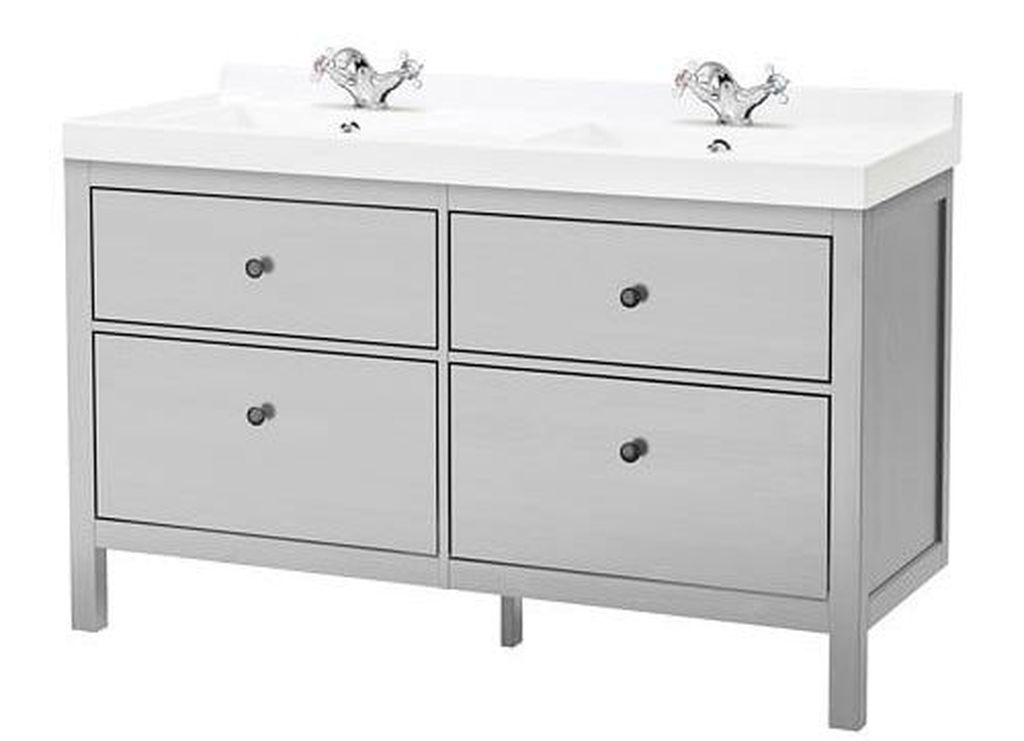When searching for a new memory foam mattress, you may have come across the term "density scale" and wondered what it means. In simple terms, the density scale refers to the weight of the foam used in a memory foam mattress. It is measured in pounds per cubic foot and can range from low to high density. Let's dive deeper into the memory foam density scale to help you make an informed decision when purchasing your next memory foam mattress.1. Understanding the Memory Foam Density Scale
Before we discuss the density scale, let's first understand what memory foam is. Developed in the 1960s by NASA, memory foam is a type of polyurethane foam that is known for its ability to contour and mold to the body's shape. This unique feature provides excellent support and pressure relief, making it a popular choice for mattresses and other bedding products.2. What is Memory Foam?
The density of a memory foam mattress is crucial because it directly affects its durability, support, and comfort. A higher density means more foam per cubic foot, resulting in a heavier and more supportive mattress. On the other hand, a lower density means less foam per cubic foot, resulting in a lighter and less supportive mattress.3. Why is Density Important?
The density scale chart for memory foam typically ranges from 2.5 lbs to 8 lbs per cubic foot. This scale is divided into three categories: low, medium, and high density. Let's take a closer look at each of these categories and their corresponding memory foam density ranges.4. The Memory Foam Density Scale Chart
Low-density memory foam mattresses are the most affordable option and are usually found in budget-friendly mattresses. They are lightweight, making them easier to move and maneuver. However, they may not provide enough support for heavier individuals and may not last as long as higher density options. Low-density memory foam mattresses are best suited for occasional use, such as guest beds or RV mattresses.5. Low Density (2.5 lbs to 3.9 lbs)
Medium-density memory foam mattresses strike a balance between support, comfort, and affordability. They are suitable for most sleepers and provide adequate support for the average person. They are also more durable than low-density options and are a popular choice for everyday use.6. Medium Density (4.0 lbs to 5.4 lbs)
High-density memory foam mattresses are the most expensive and highest quality option on the density scale. They offer the most support, durability, and pressure relief, making them ideal for heavier individuals or those with chronic pain. However, they can be quite heavy and may retain more heat than lower density options.7. High Density (5.5 lbs to 8 lbs)
When it comes to choosing the right memory foam mattress density, there is no one-size-fits-all answer. It ultimately depends on your personal preferences, sleeping habits, and body type. For example, if you are a back sleeper, a medium to high-density memory foam mattress may be the best option for you, while a side sleeper may prefer a medium to low-density option for more pressure relief.8. Choosing the Right Density for You
While density is an essential factor in choosing a memory foam mattress, it is not the only one. Other factors such as the thickness, firmness, and top layer materials also play a role in the overall comfort and support of the mattress. It is essential to consider all these factors together when making your decision.9. Other Factors to Consider
When shopping for a memory foam mattress, it is crucial to understand the density scale and how it can affect your overall sleep experience. Remember to consider your personal preferences, sleeping habits, and body type when choosing the right density for you. With this knowledge, you can confidently select a memory foam mattress that provides the perfect balance of comfort and support for a good night's sleep.10. In Conclusion
The Importance of Choosing the Right Density for Your Memory Foam Mattress

Understanding Memory Foam Mattresses
 When it comes to getting a good night's sleep, the type of mattress you choose can make all the difference. With so many options on the market, it can be overwhelming to decide which mattress is best for you. One type of mattress that has gained popularity in recent years is the memory foam mattress.
Memory foam
is a special type of foam that molds to the shape of your body, providing support and comfort while you sleep. But did you know that the density of the foam plays a crucial role in the overall quality of your mattress?
When it comes to getting a good night's sleep, the type of mattress you choose can make all the difference. With so many options on the market, it can be overwhelming to decide which mattress is best for you. One type of mattress that has gained popularity in recent years is the memory foam mattress.
Memory foam
is a special type of foam that molds to the shape of your body, providing support and comfort while you sleep. But did you know that the density of the foam plays a crucial role in the overall quality of your mattress?
The Density Scale
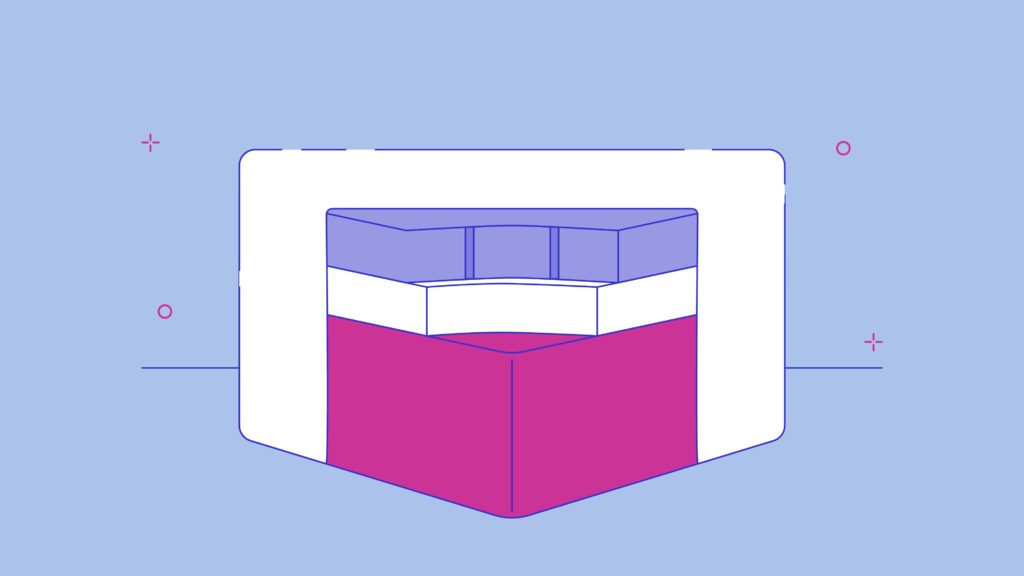 Memory foam mattress density scale
refers to the measurement of how much a cubic foot of foam weighs. Typically, the density ranges from 2-8 pounds per cubic foot, with 5 pounds being considered the standard for high-quality memory foam. The higher the density, the more support and durability the mattress will provide. However, it's important to note that the density alone does not determine the quality of a memory foam mattress.
Memory foam mattress density scale
refers to the measurement of how much a cubic foot of foam weighs. Typically, the density ranges from 2-8 pounds per cubic foot, with 5 pounds being considered the standard for high-quality memory foam. The higher the density, the more support and durability the mattress will provide. However, it's important to note that the density alone does not determine the quality of a memory foam mattress.
Choosing the Right Density
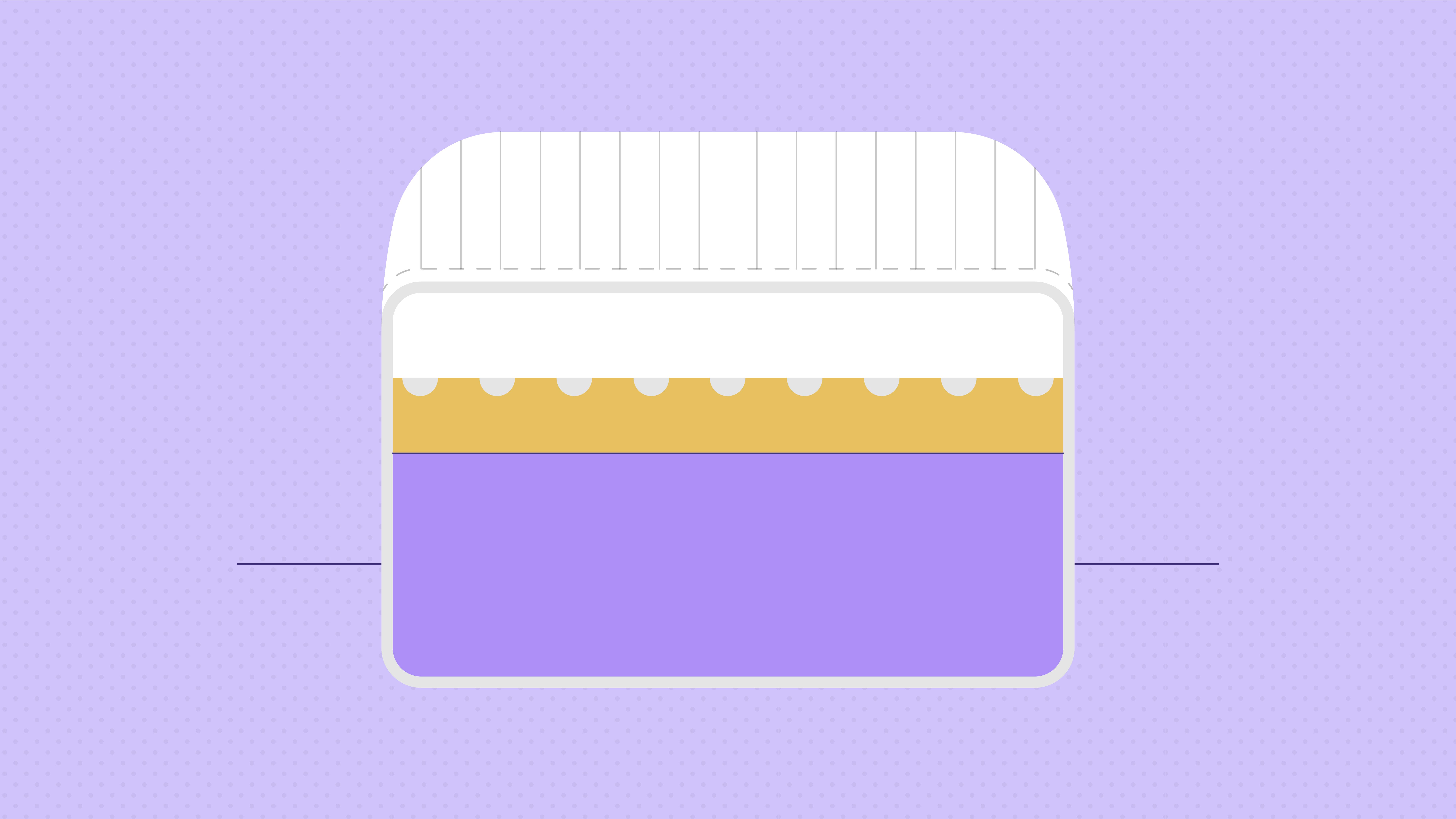 When deciding on the density of your memory foam mattress, there are a few factors to consider.
Body weight
is a significant factor that can affect the level of support you need. Heavier individuals may find a higher density mattress more comfortable, while lighter individuals may prefer a lower density. Additionally, the
sleeping position
can also play a role. Those who sleep on their side may benefit from a softer mattress, while back and stomach sleepers may need a firmer one.
When deciding on the density of your memory foam mattress, there are a few factors to consider.
Body weight
is a significant factor that can affect the level of support you need. Heavier individuals may find a higher density mattress more comfortable, while lighter individuals may prefer a lower density. Additionally, the
sleeping position
can also play a role. Those who sleep on their side may benefit from a softer mattress, while back and stomach sleepers may need a firmer one.
The Benefits of Proper Density
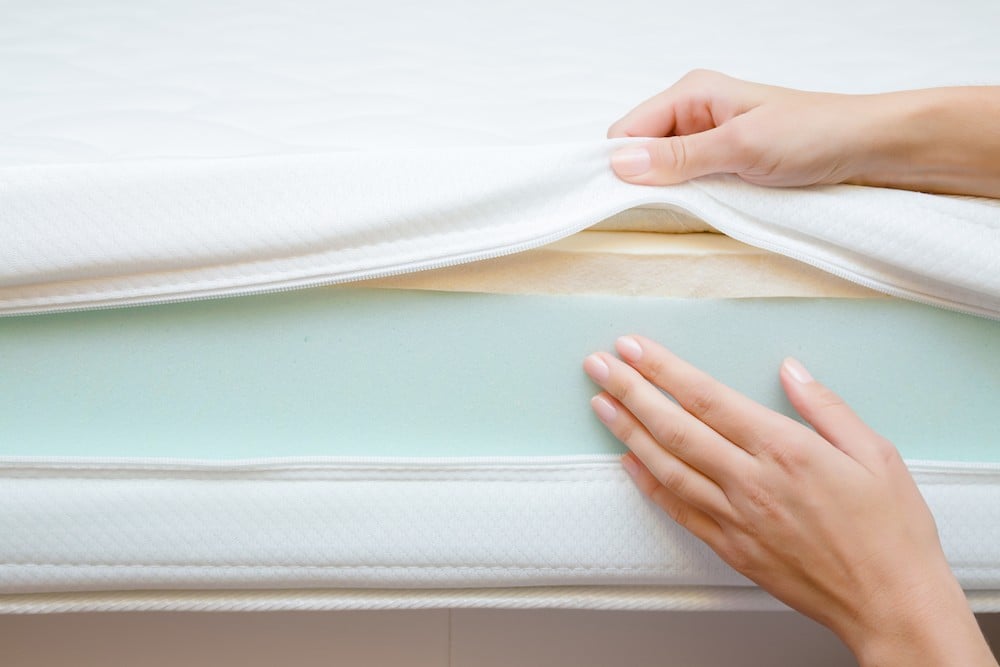 Choosing the right density for your memory foam mattress can have a significant impact on your sleep quality. A mattress with too low of a density may not provide enough support, leading to aches and pains in the morning. On the other hand, a mattress with too high of a density may feel too firm and uncomfortable.
Proper density
ensures that your body is properly aligned, relieving pressure points and promoting better spinal alignment, resulting in a more restful sleep.
Choosing the right density for your memory foam mattress can have a significant impact on your sleep quality. A mattress with too low of a density may not provide enough support, leading to aches and pains in the morning. On the other hand, a mattress with too high of a density may feel too firm and uncomfortable.
Proper density
ensures that your body is properly aligned, relieving pressure points and promoting better spinal alignment, resulting in a more restful sleep.
In Conclusion
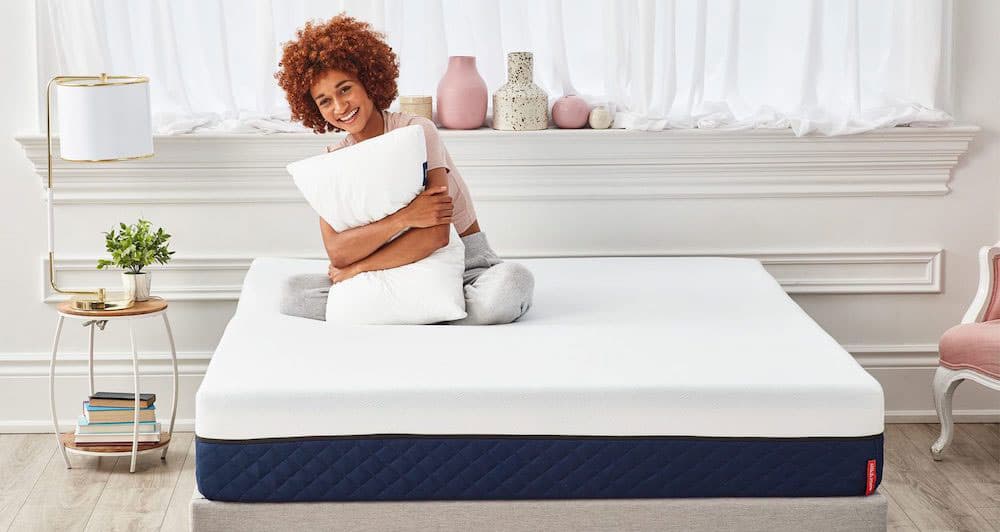 When it comes to purchasing a memory foam mattress, the density scale is a crucial factor to consider.
Choosing the right density
for your individual needs can greatly improve the quality of your sleep and overall health. Consider your body weight and sleeping position when deciding on a density, and always opt for high-quality, reputable brands to ensure the best sleep experience.
When it comes to purchasing a memory foam mattress, the density scale is a crucial factor to consider.
Choosing the right density
for your individual needs can greatly improve the quality of your sleep and overall health. Consider your body weight and sleeping position when deciding on a density, and always opt for high-quality, reputable brands to ensure the best sleep experience.

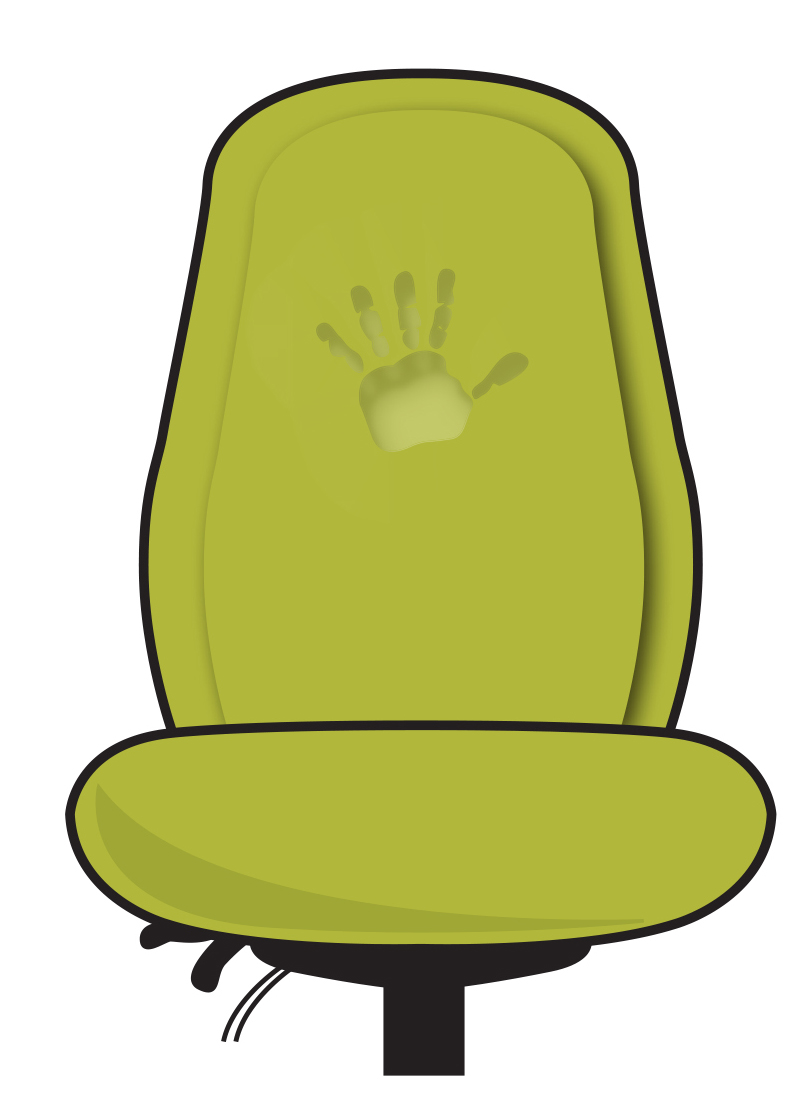
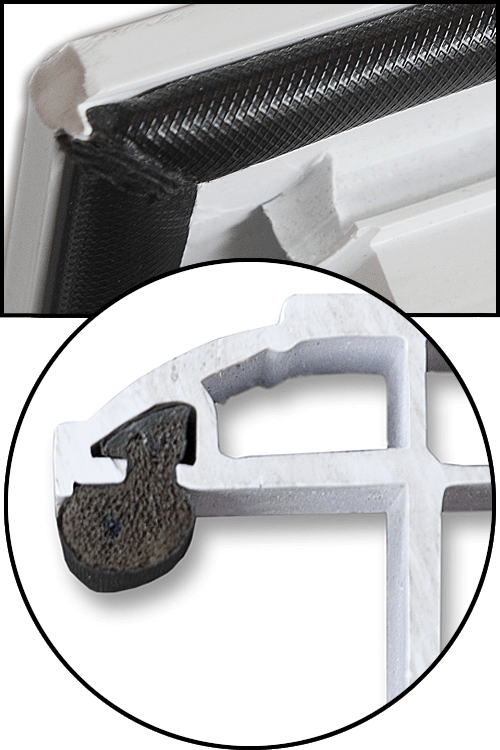
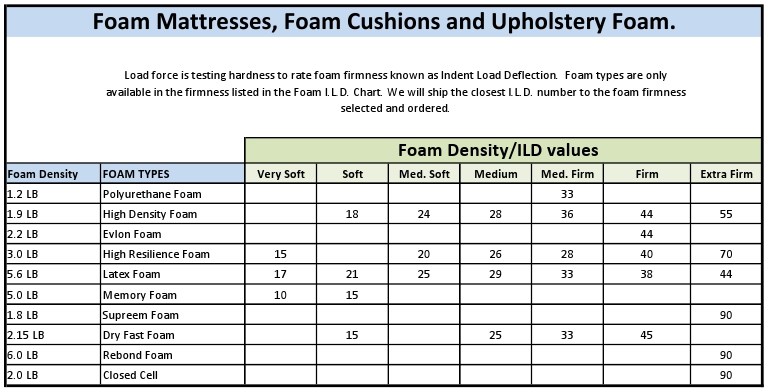
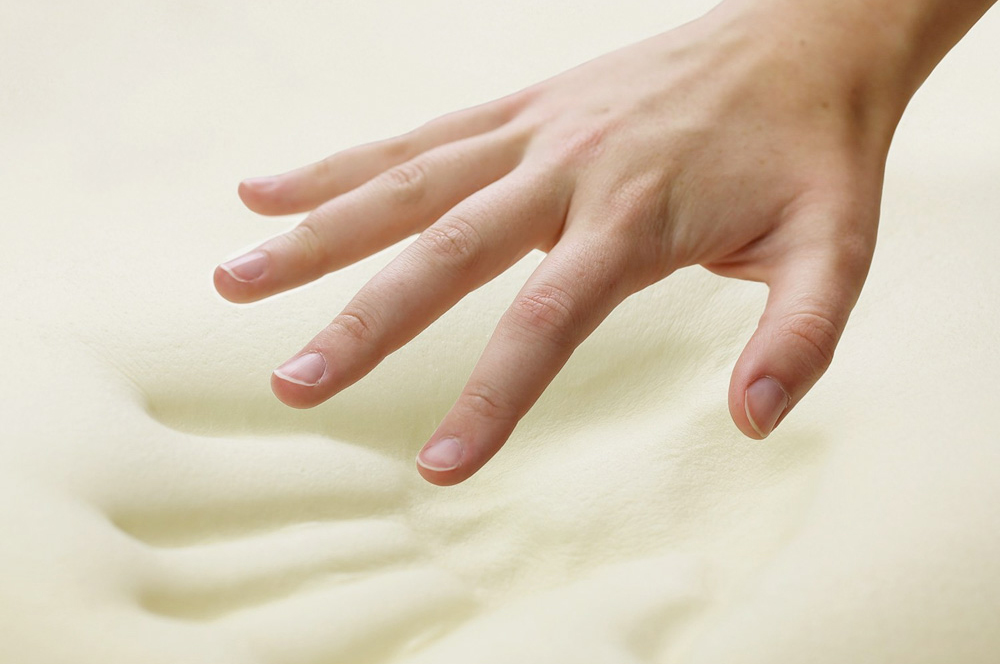
.PNG)
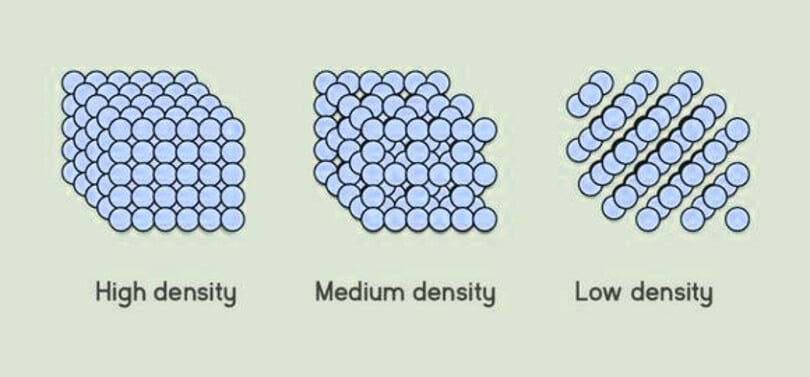

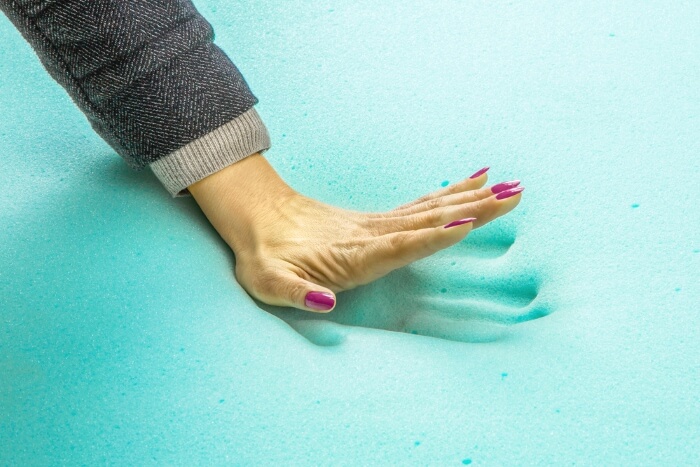



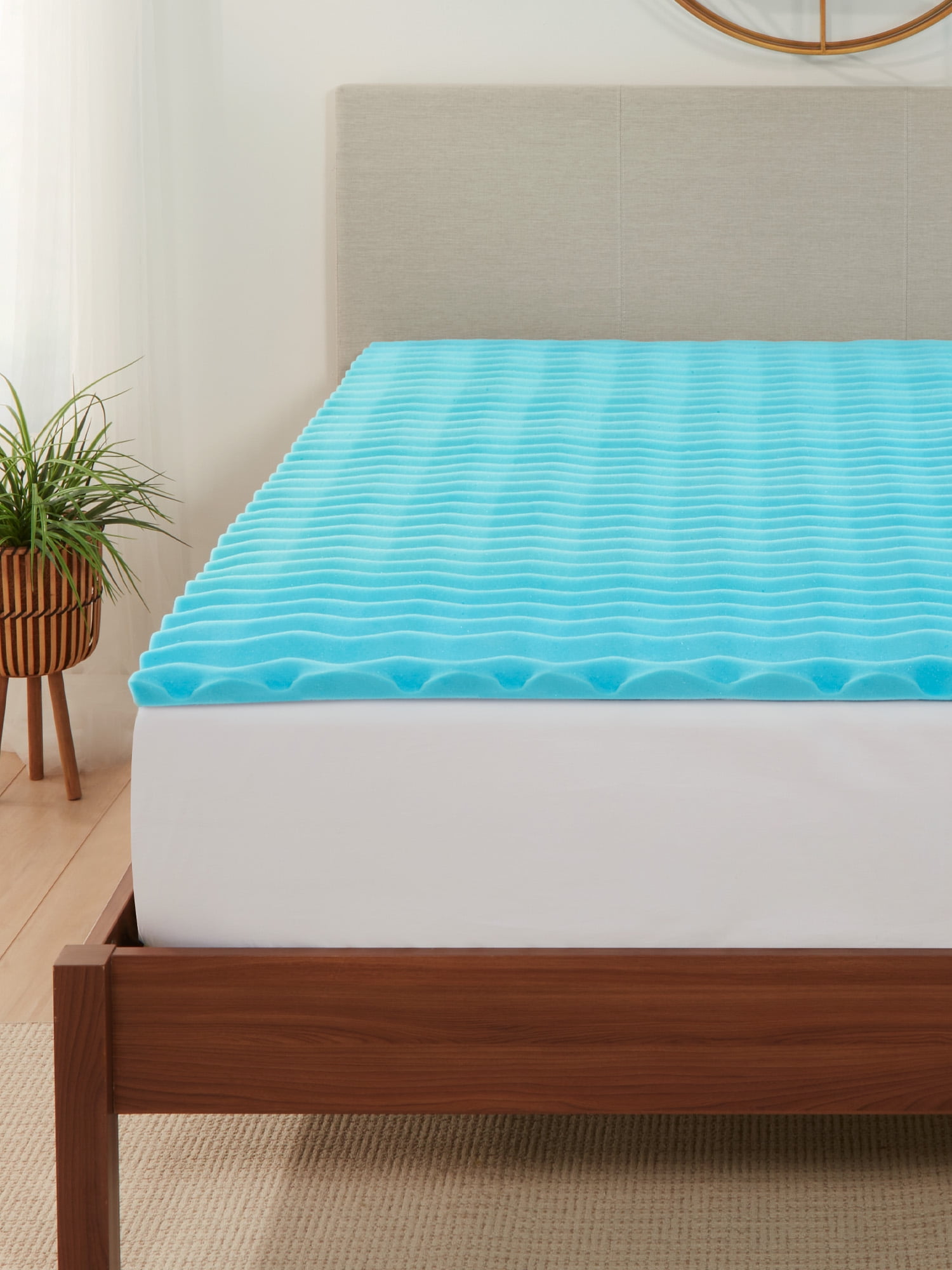
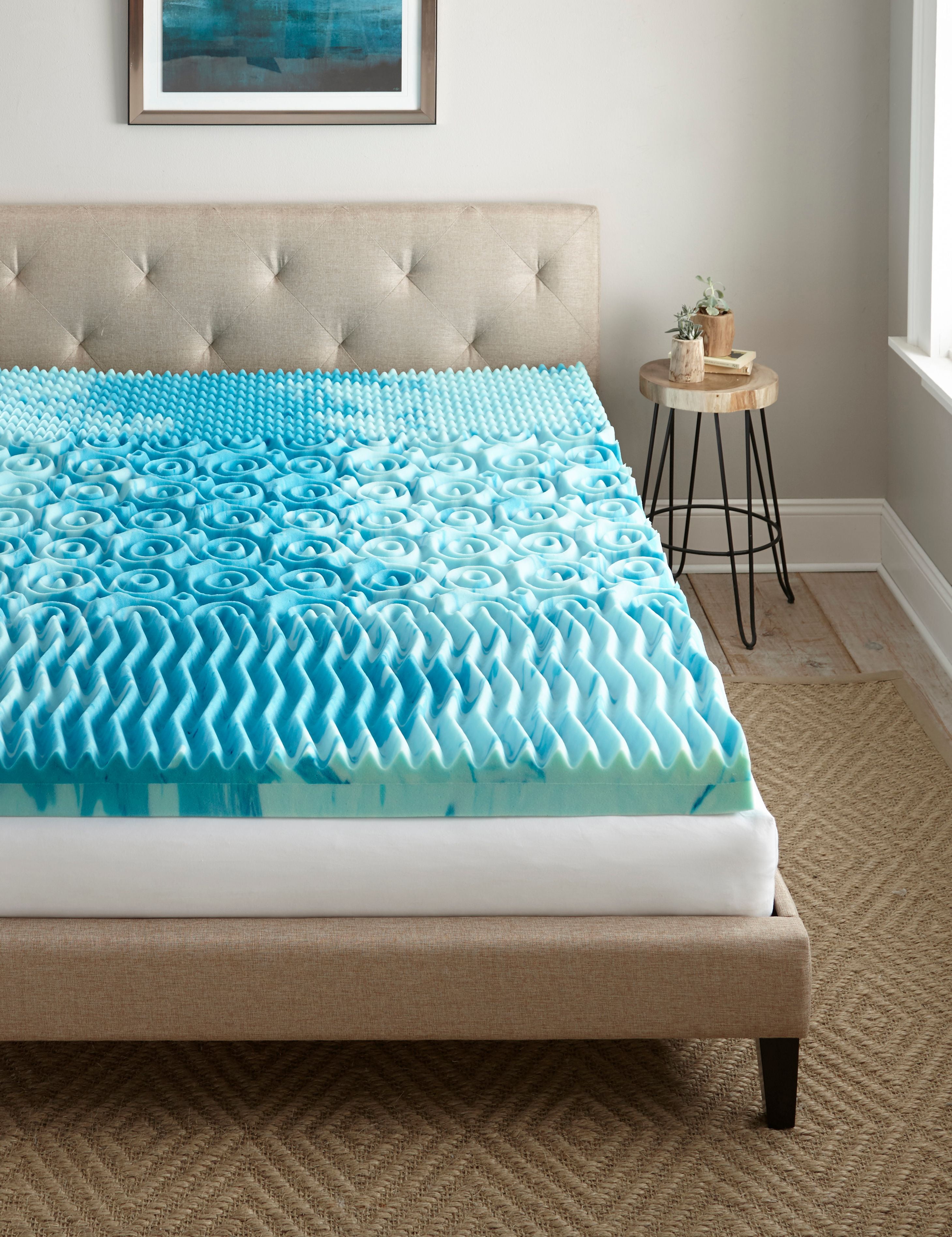







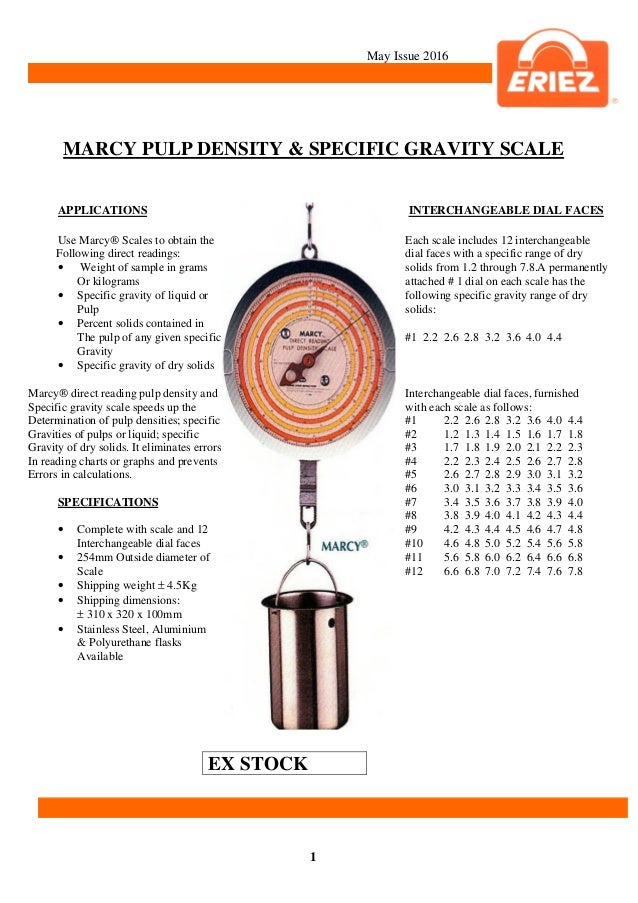

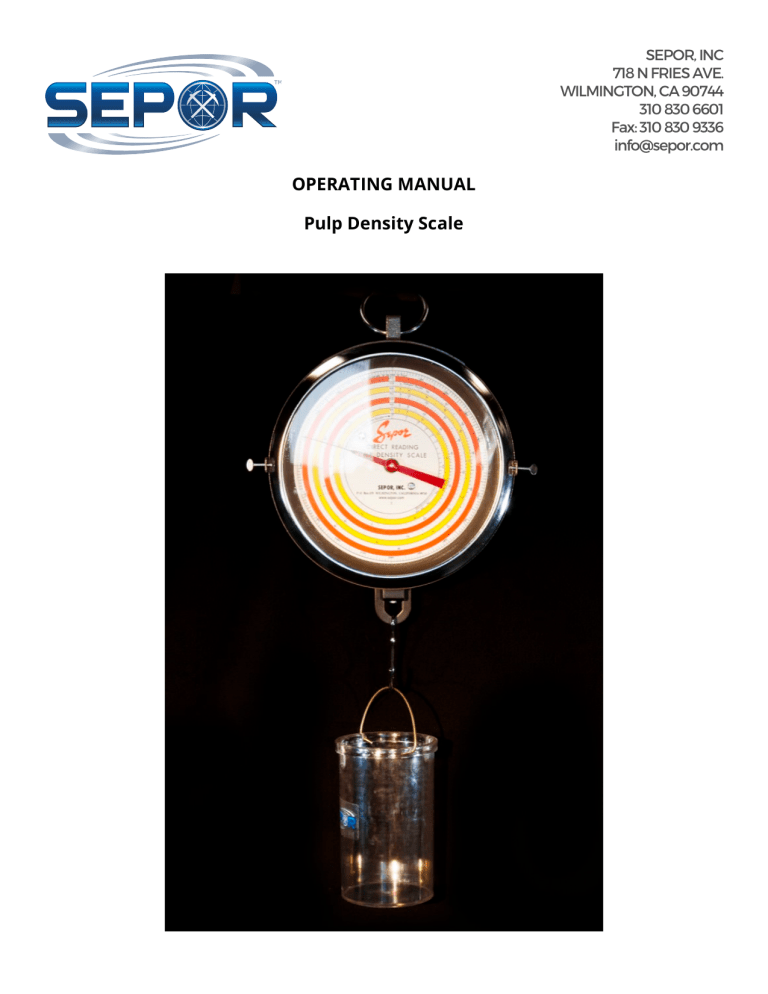


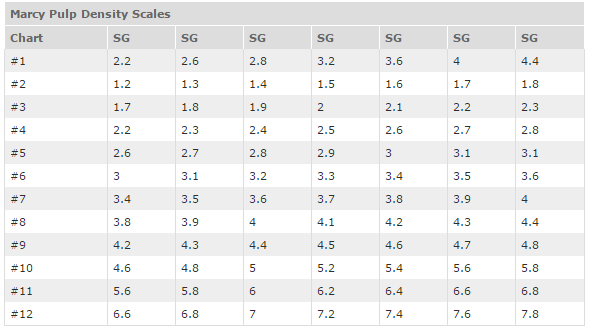

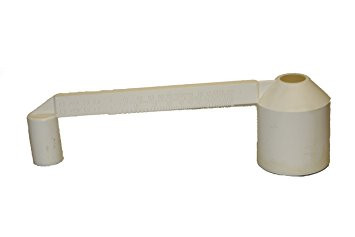





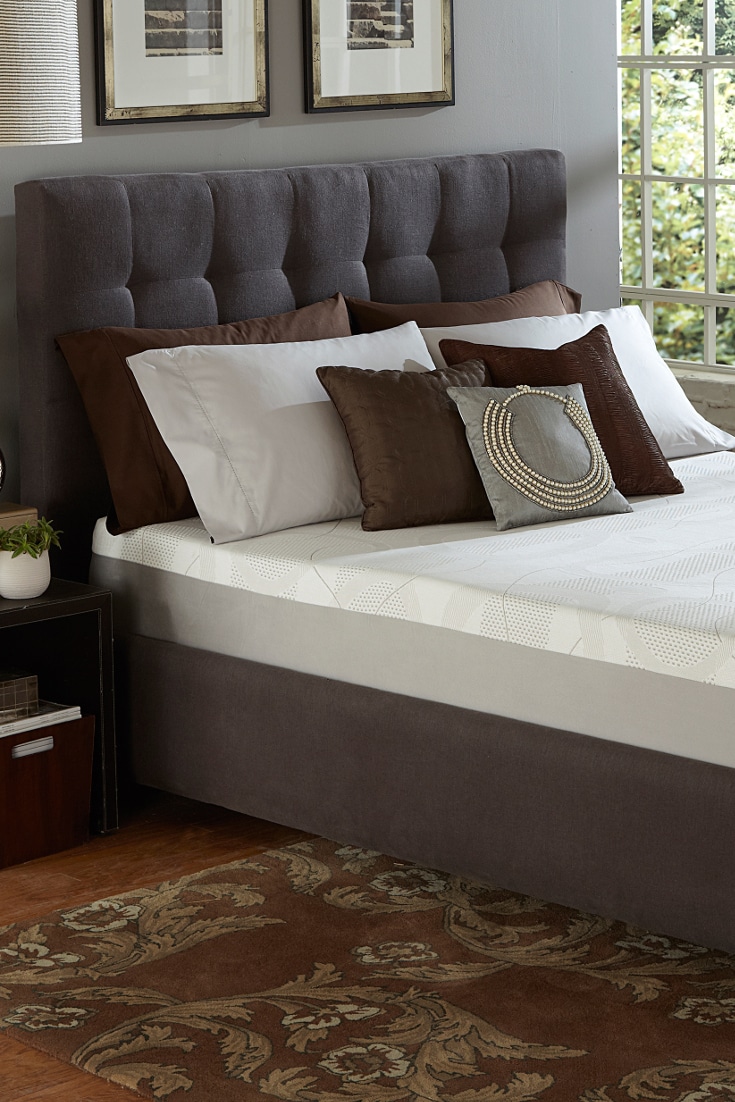
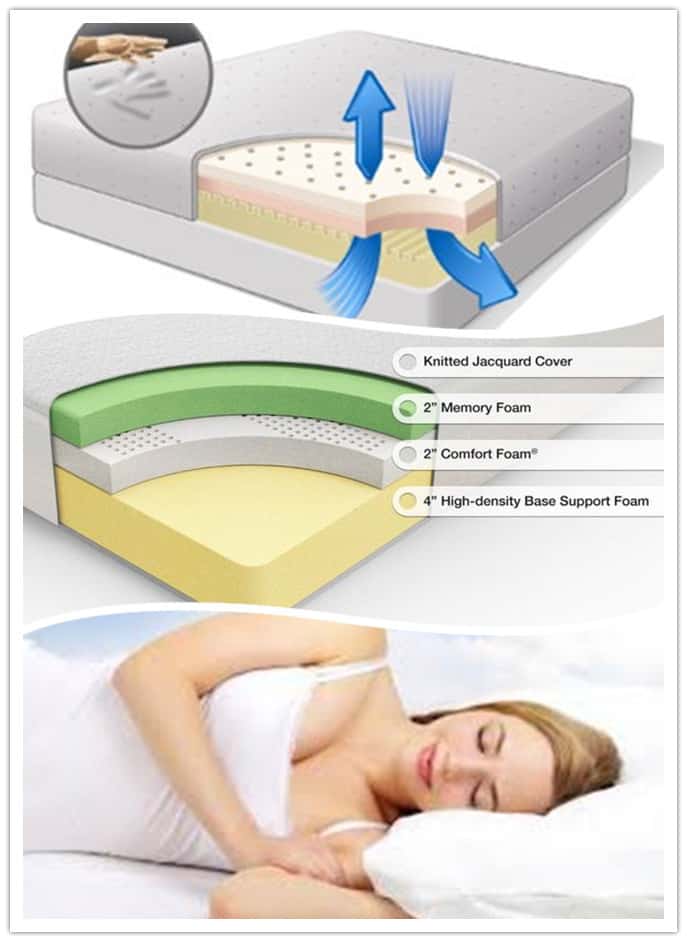
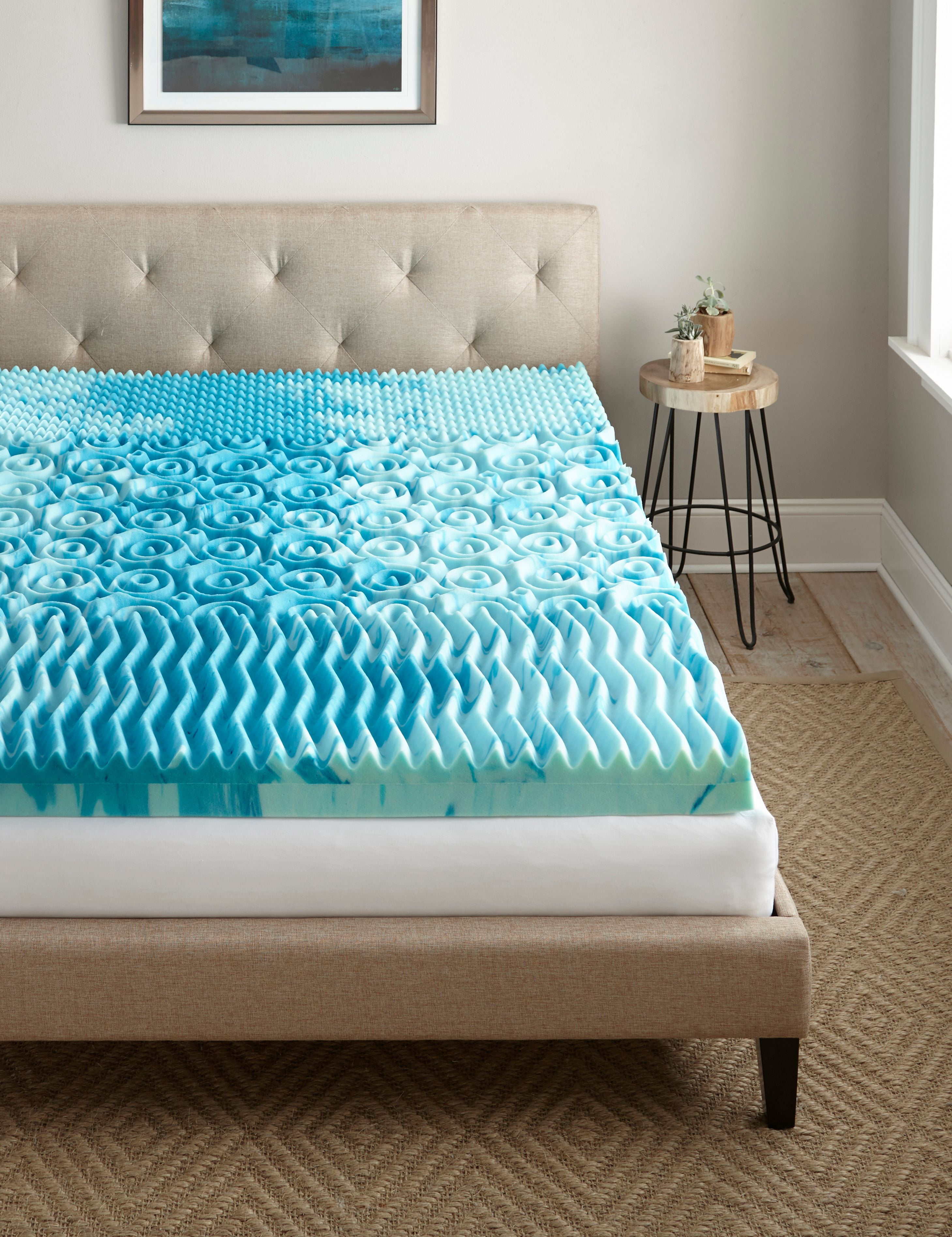



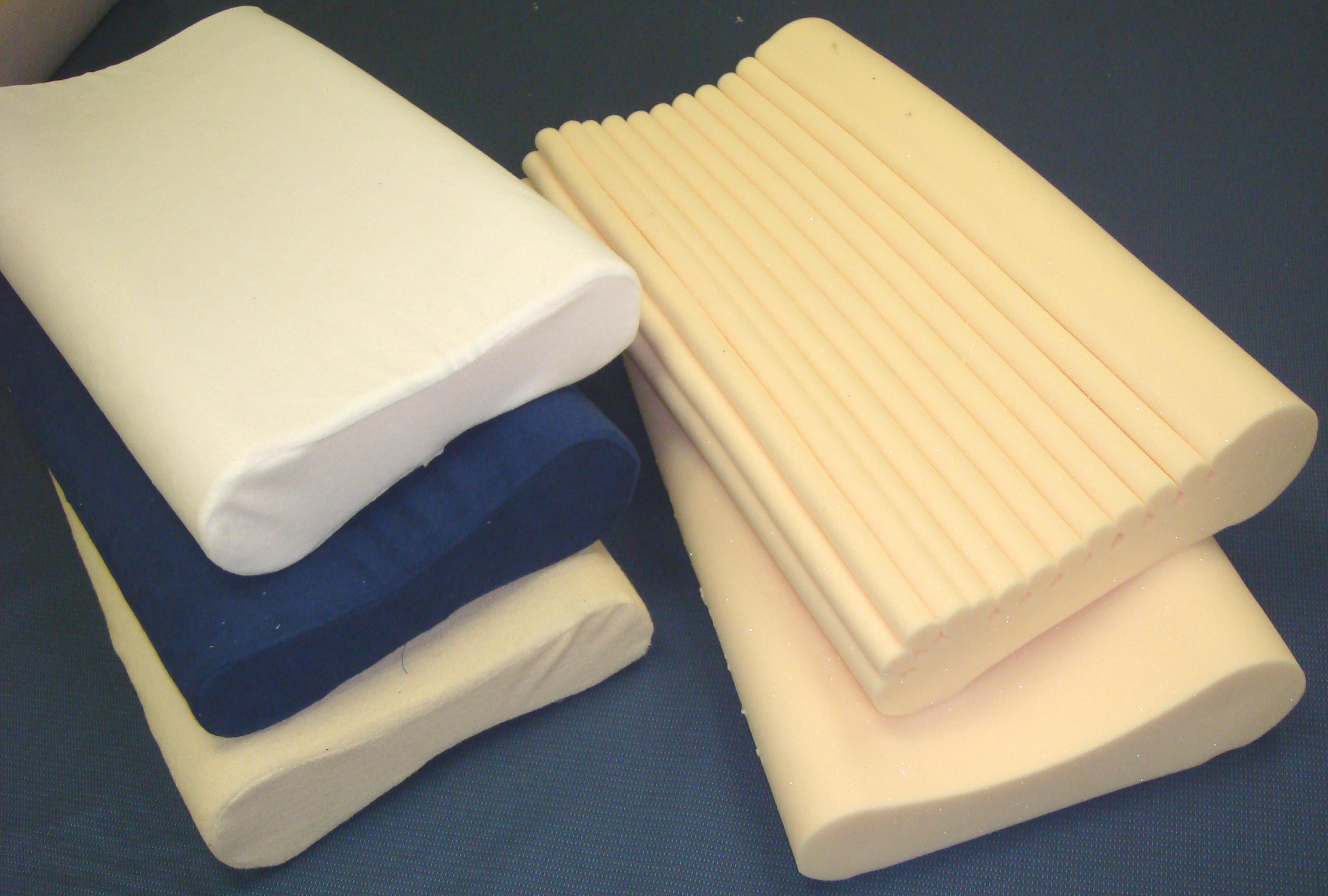
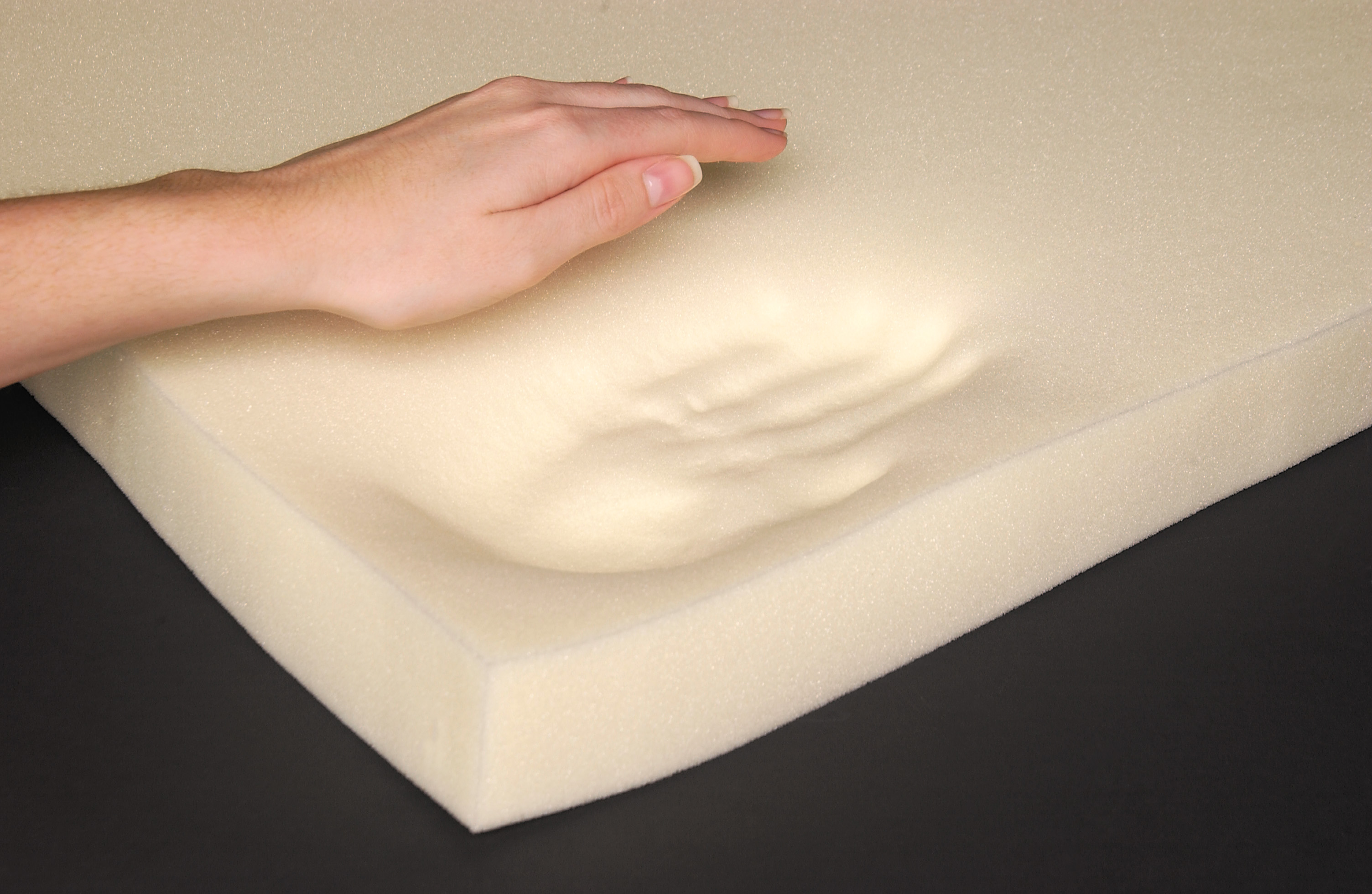
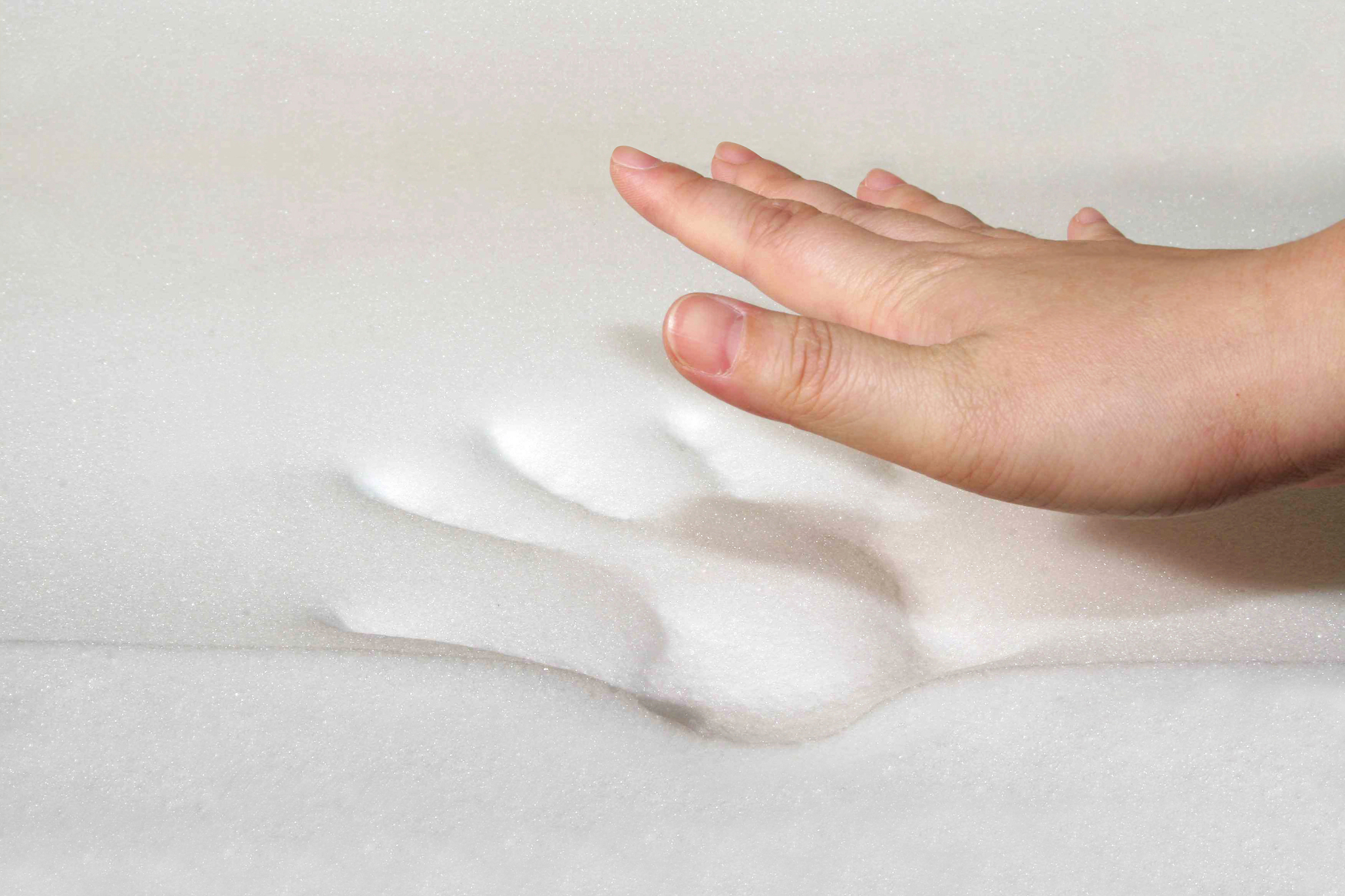




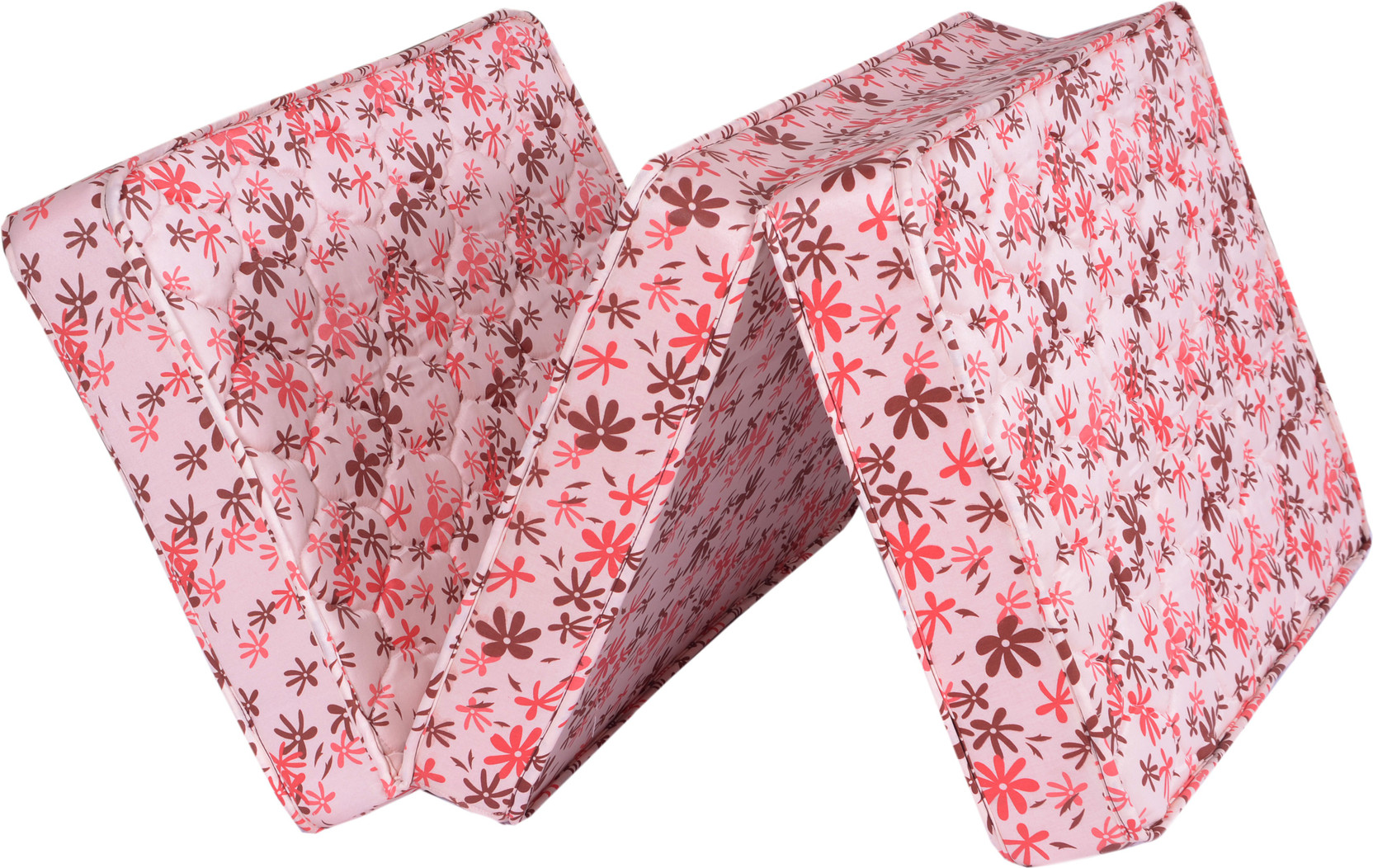
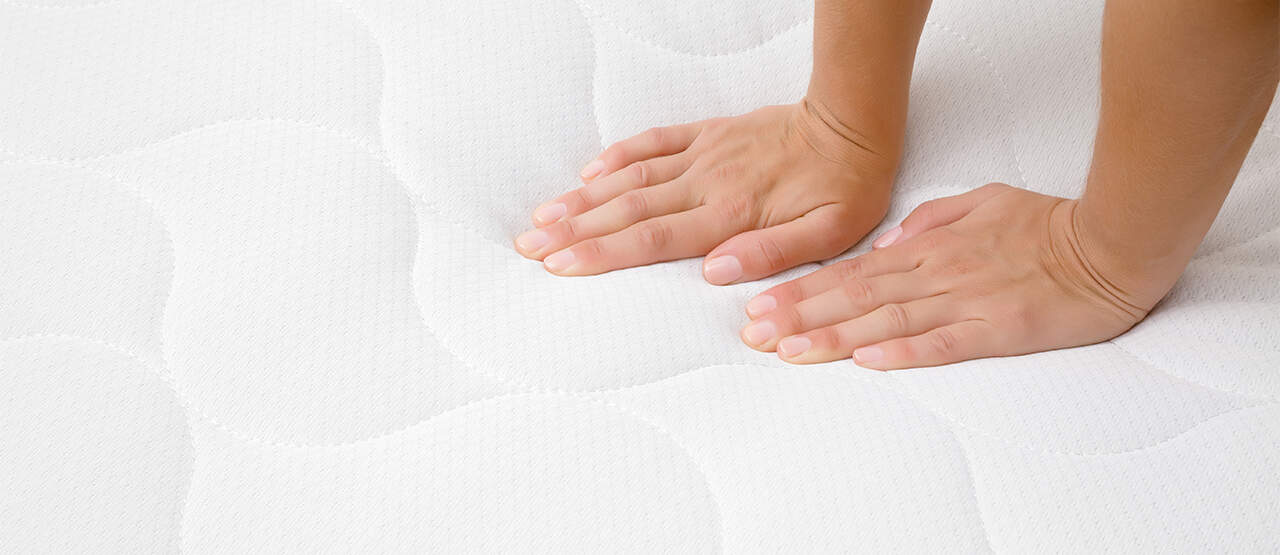
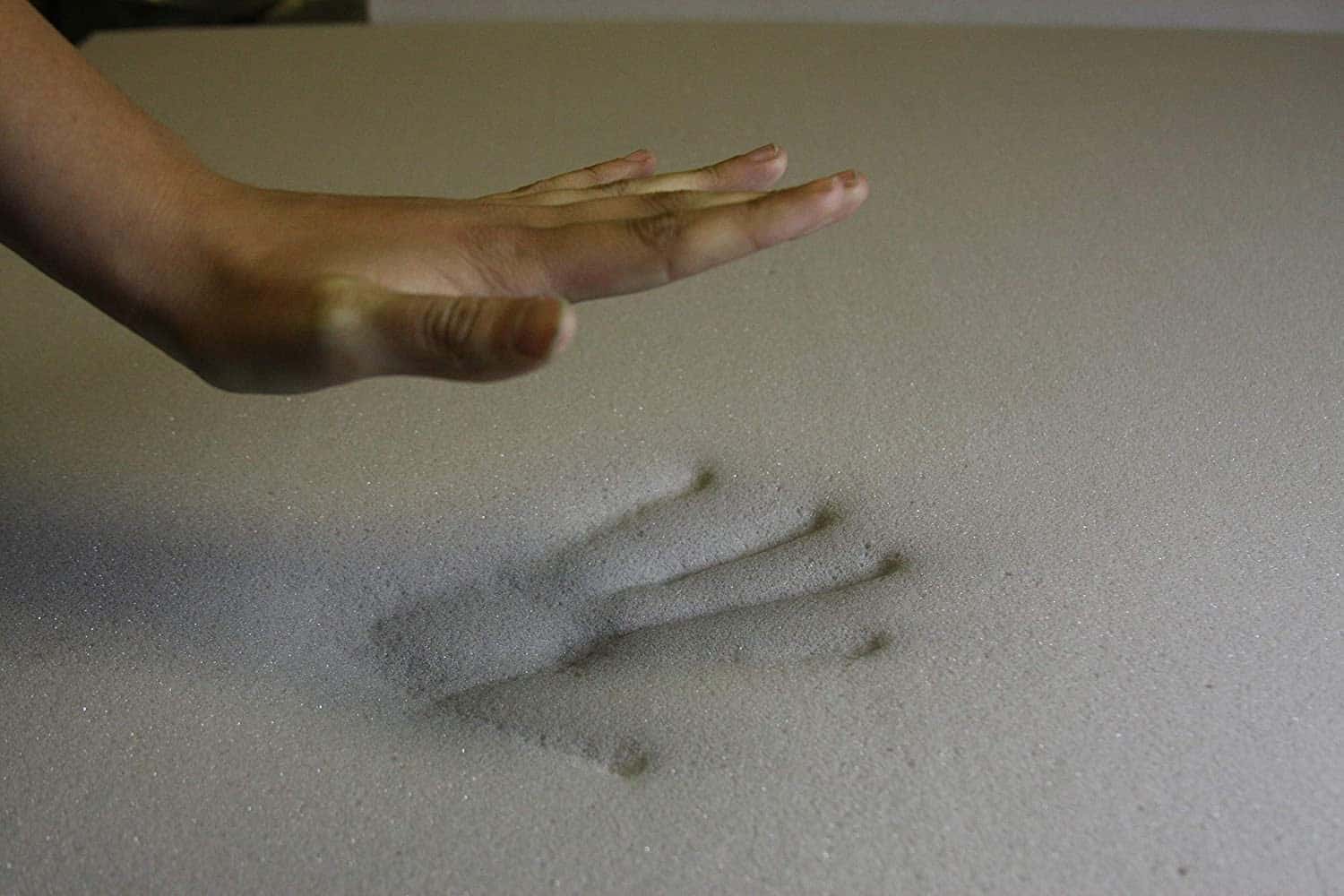

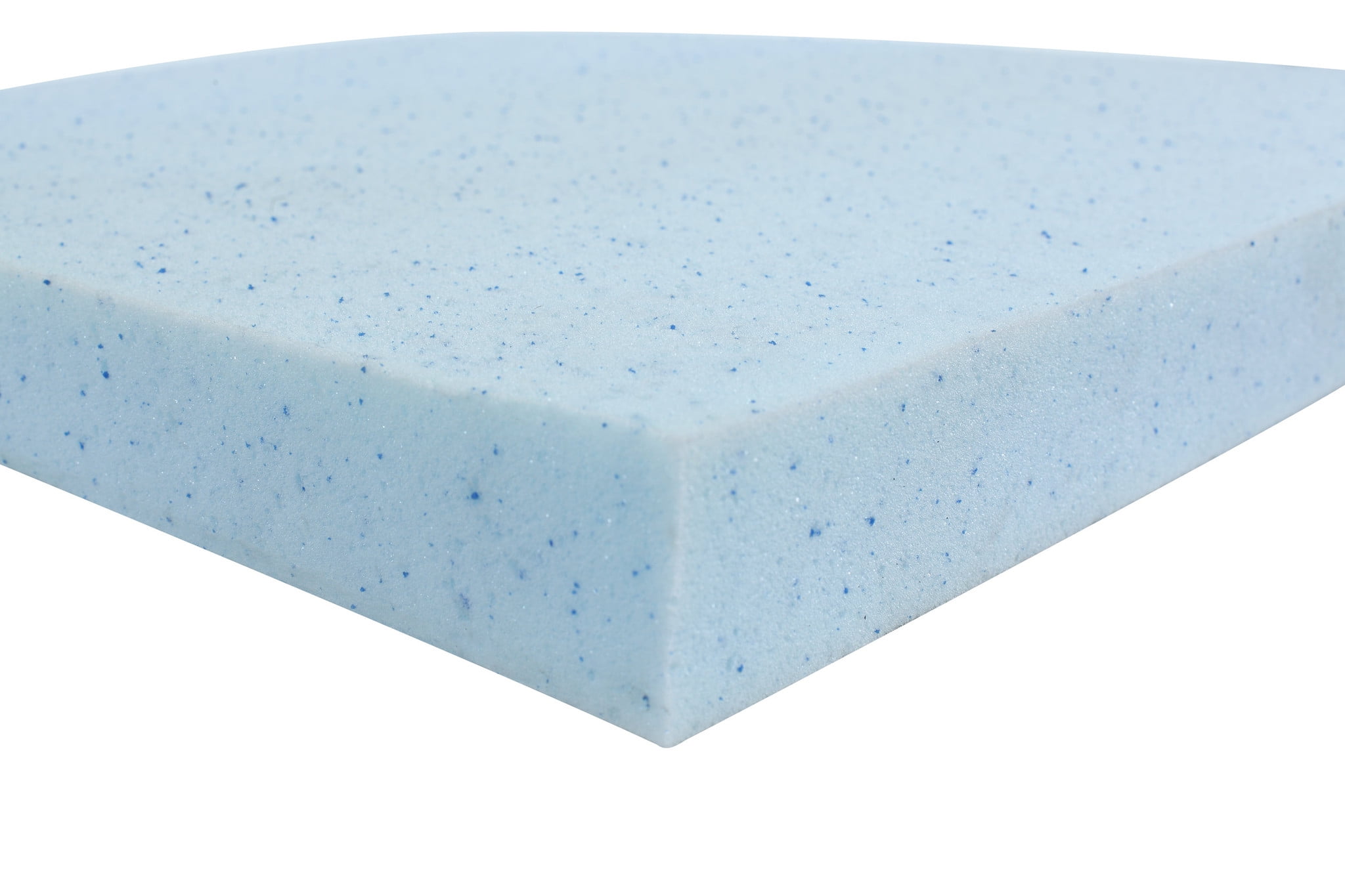



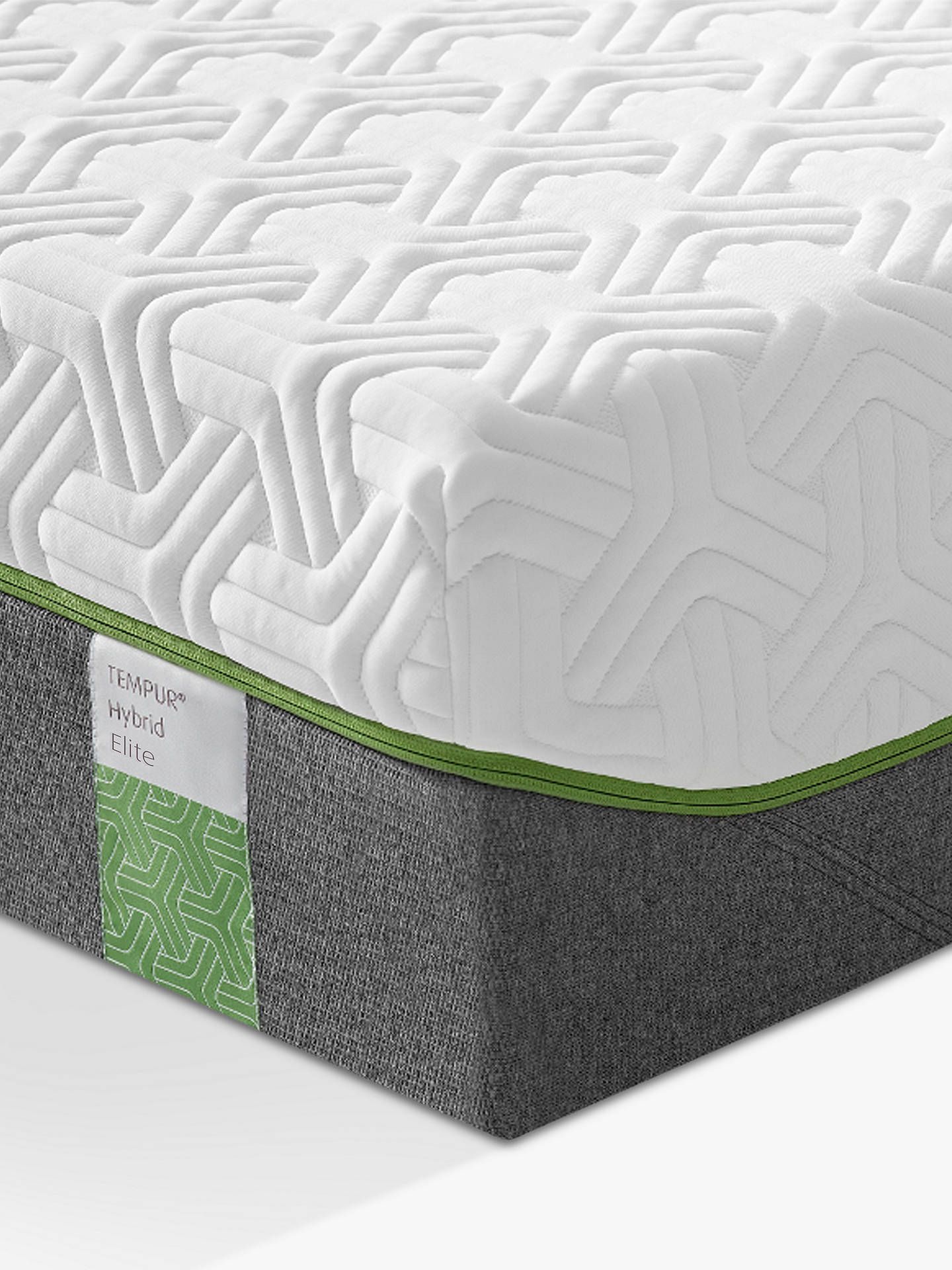

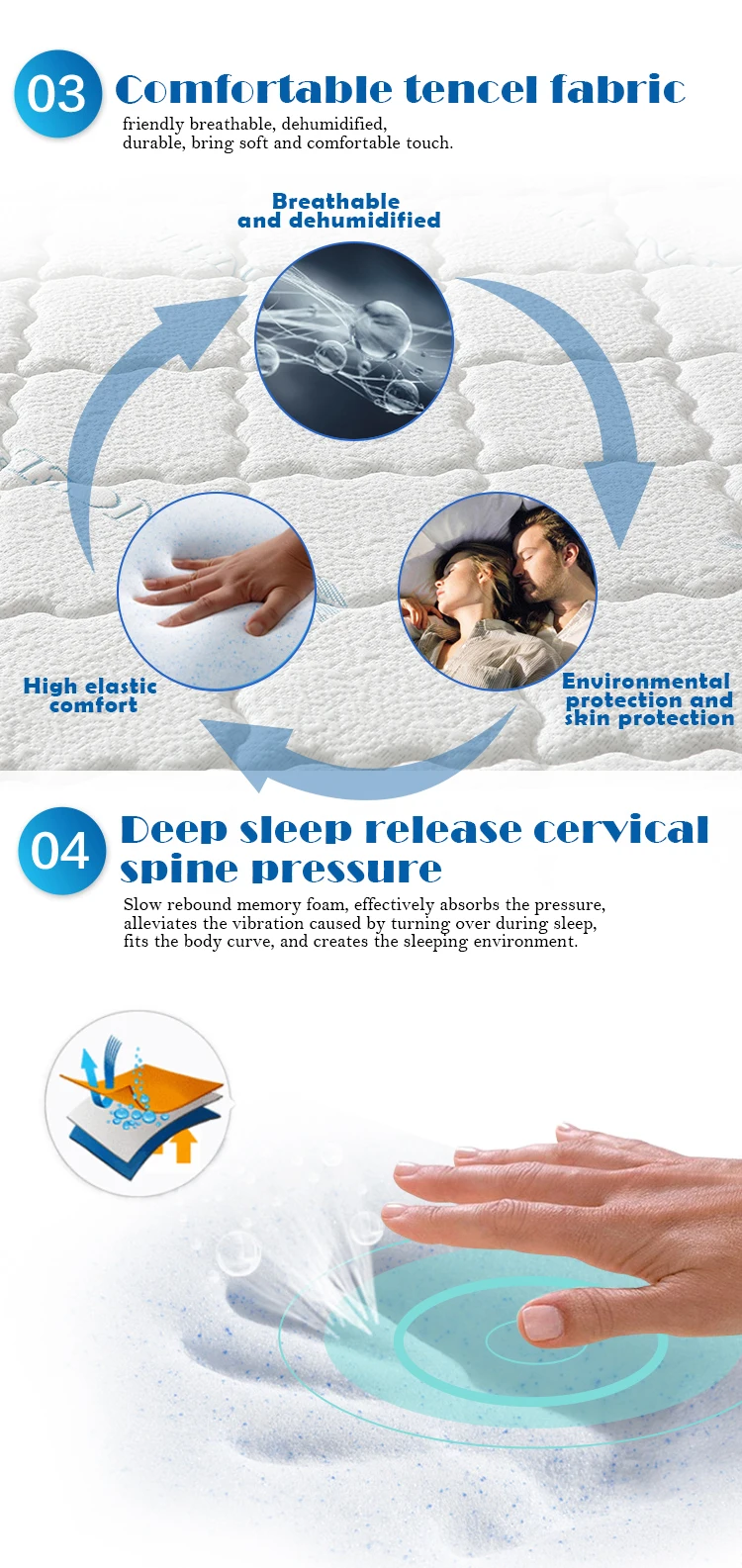



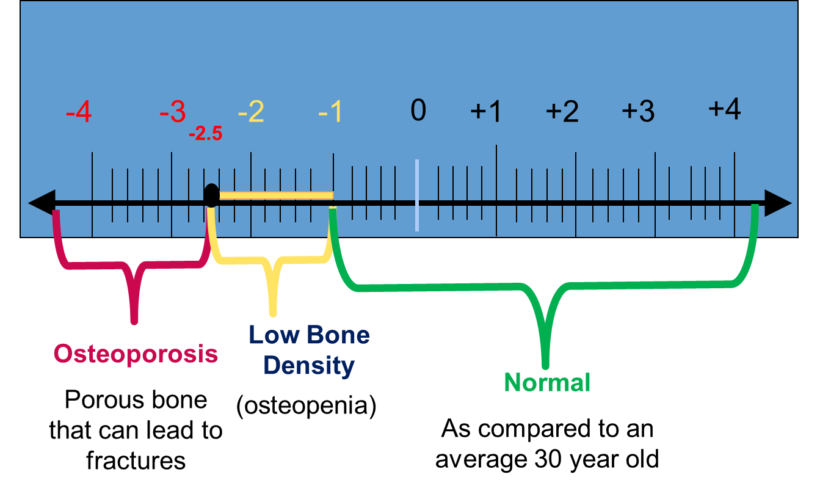

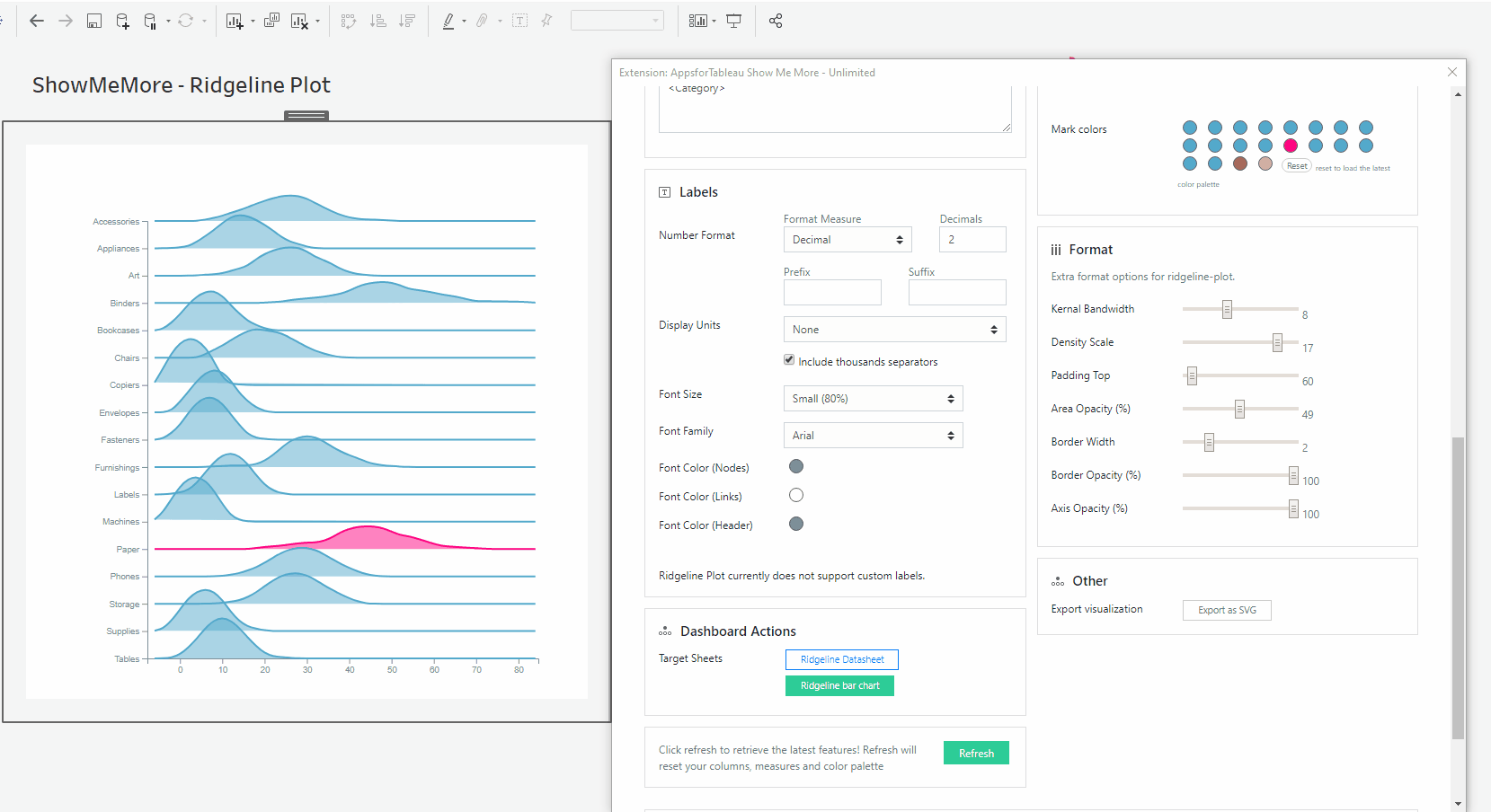




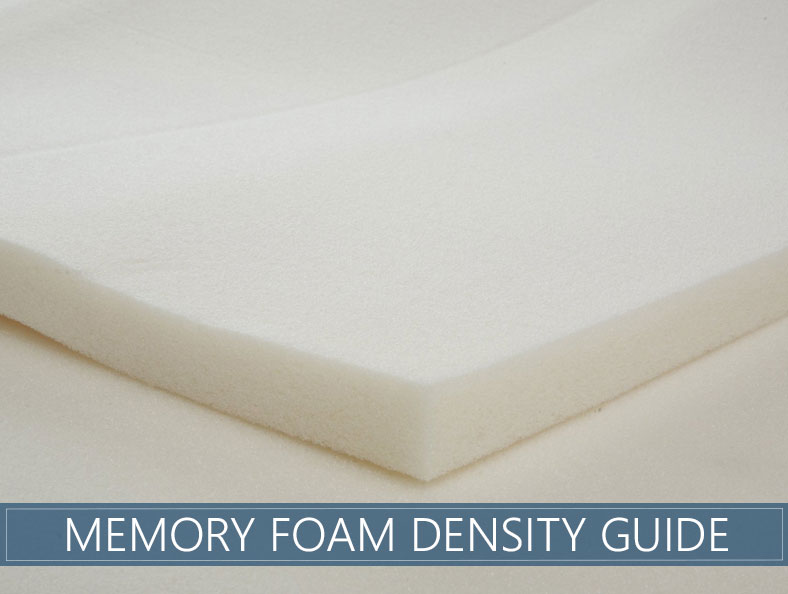
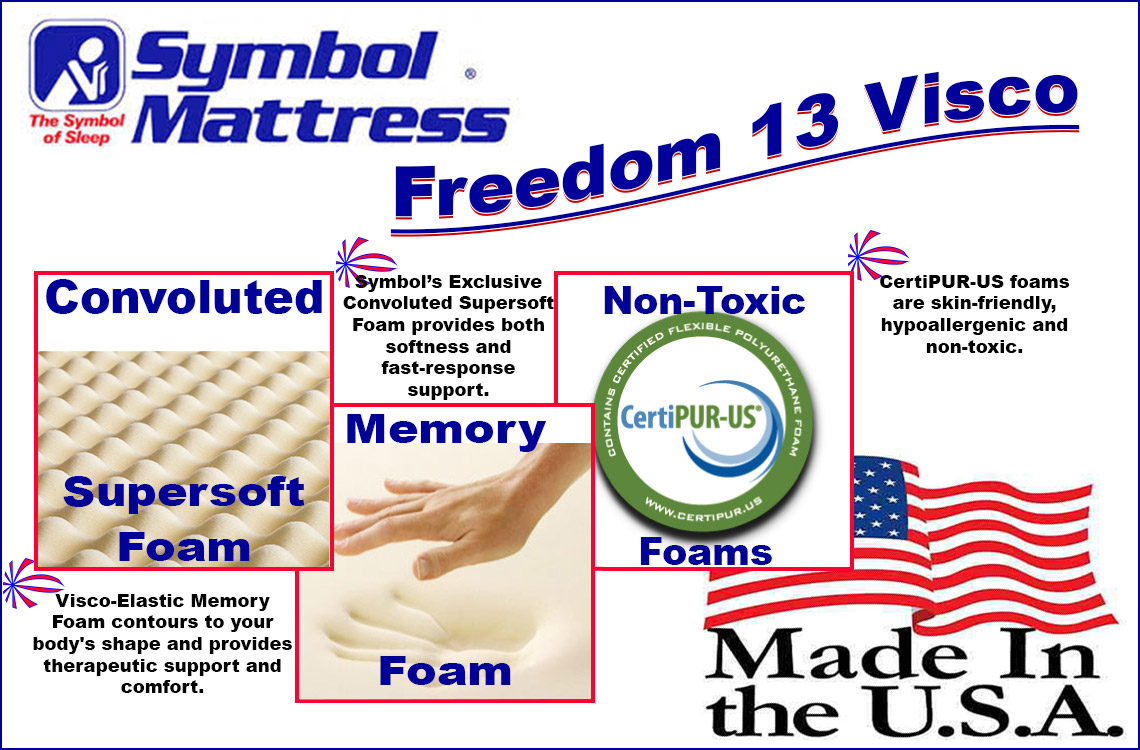





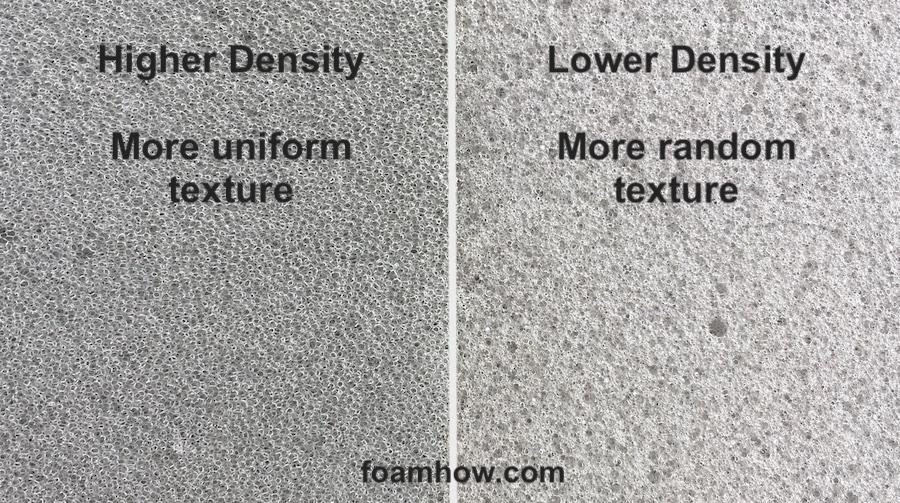

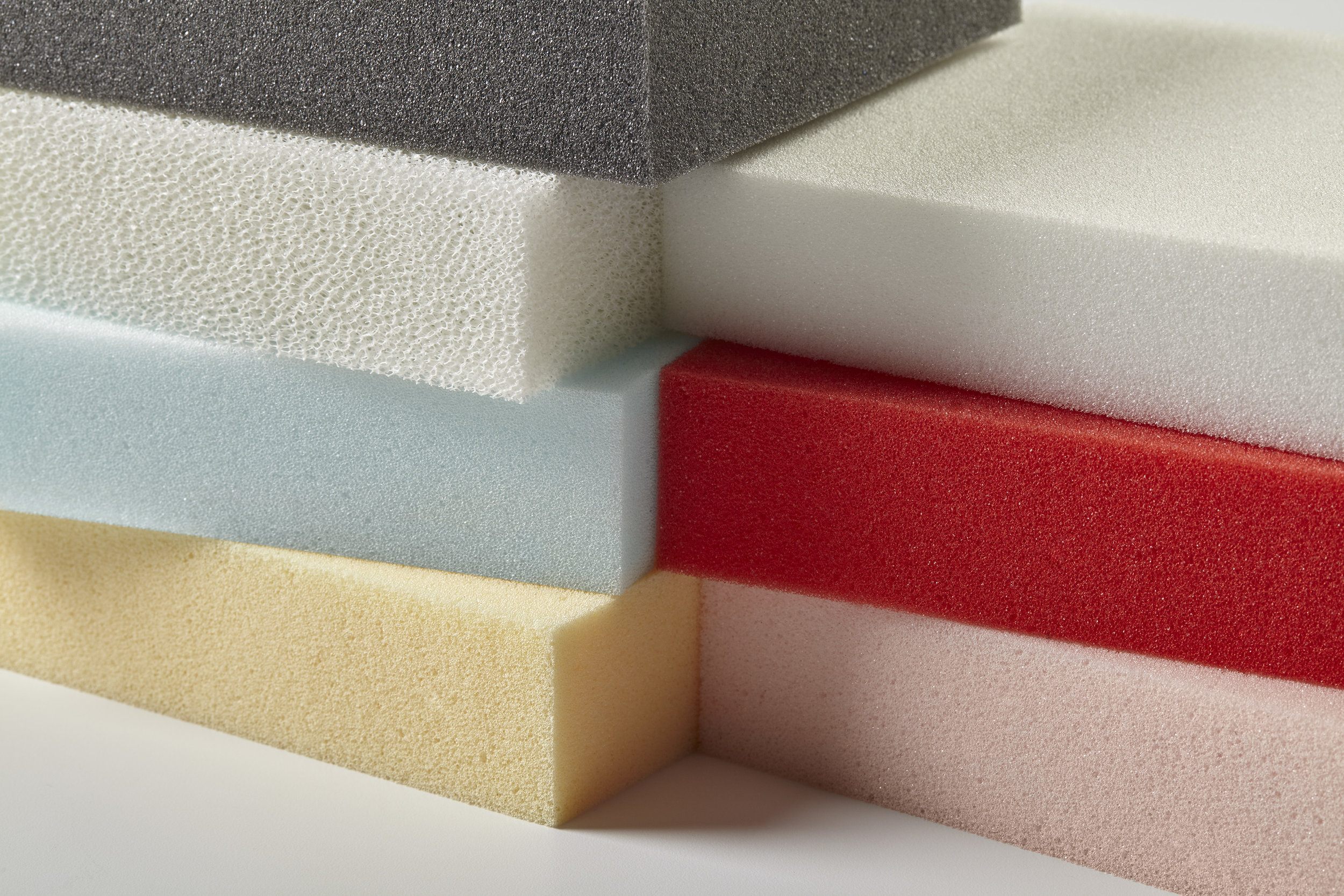

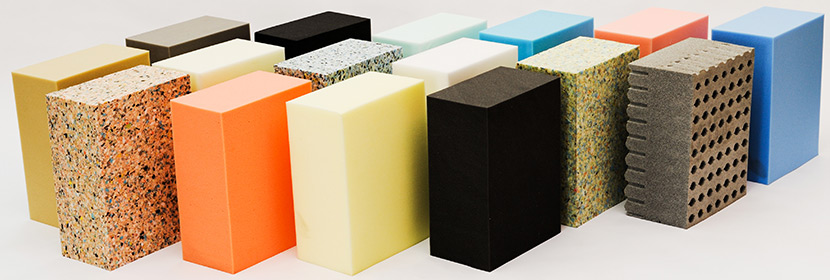
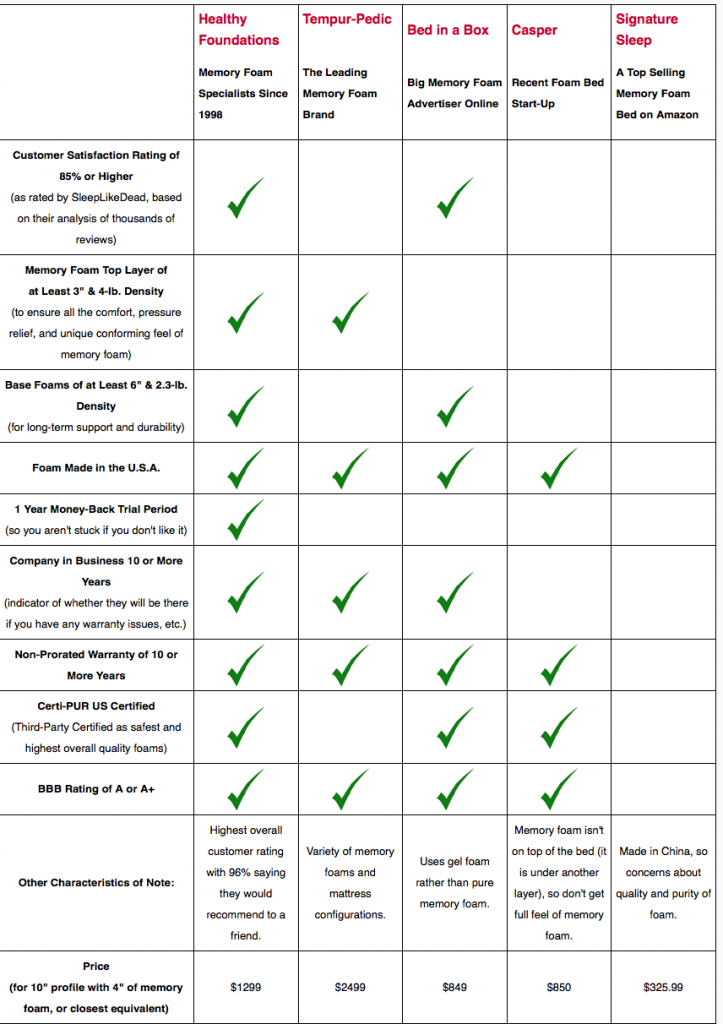

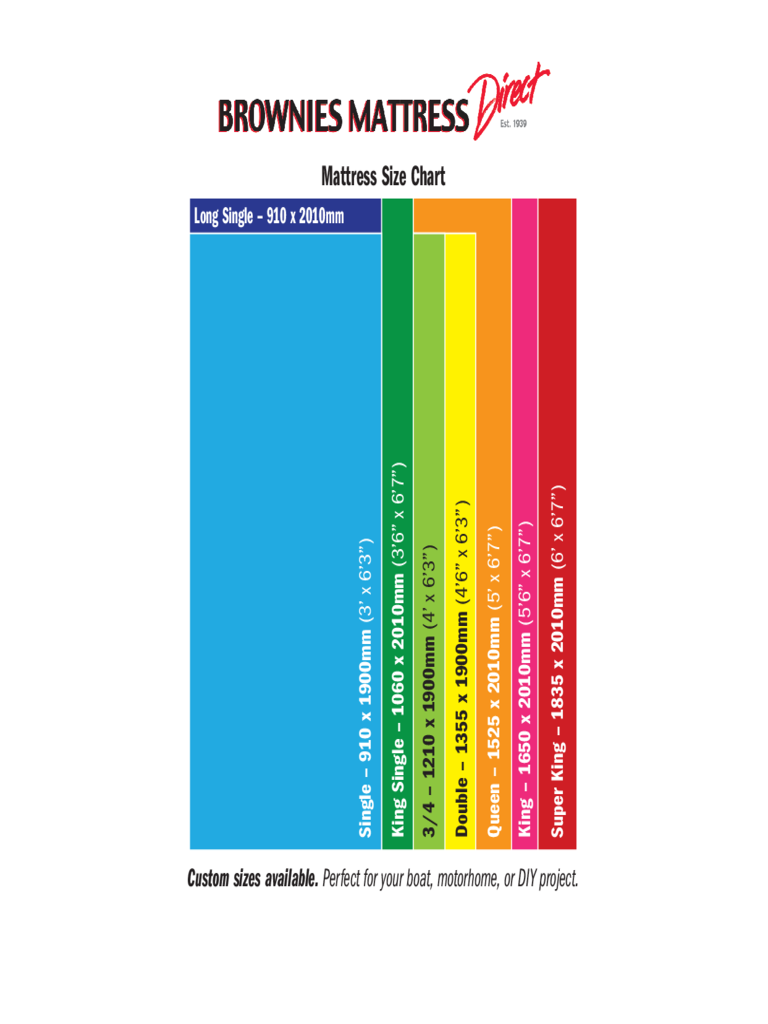


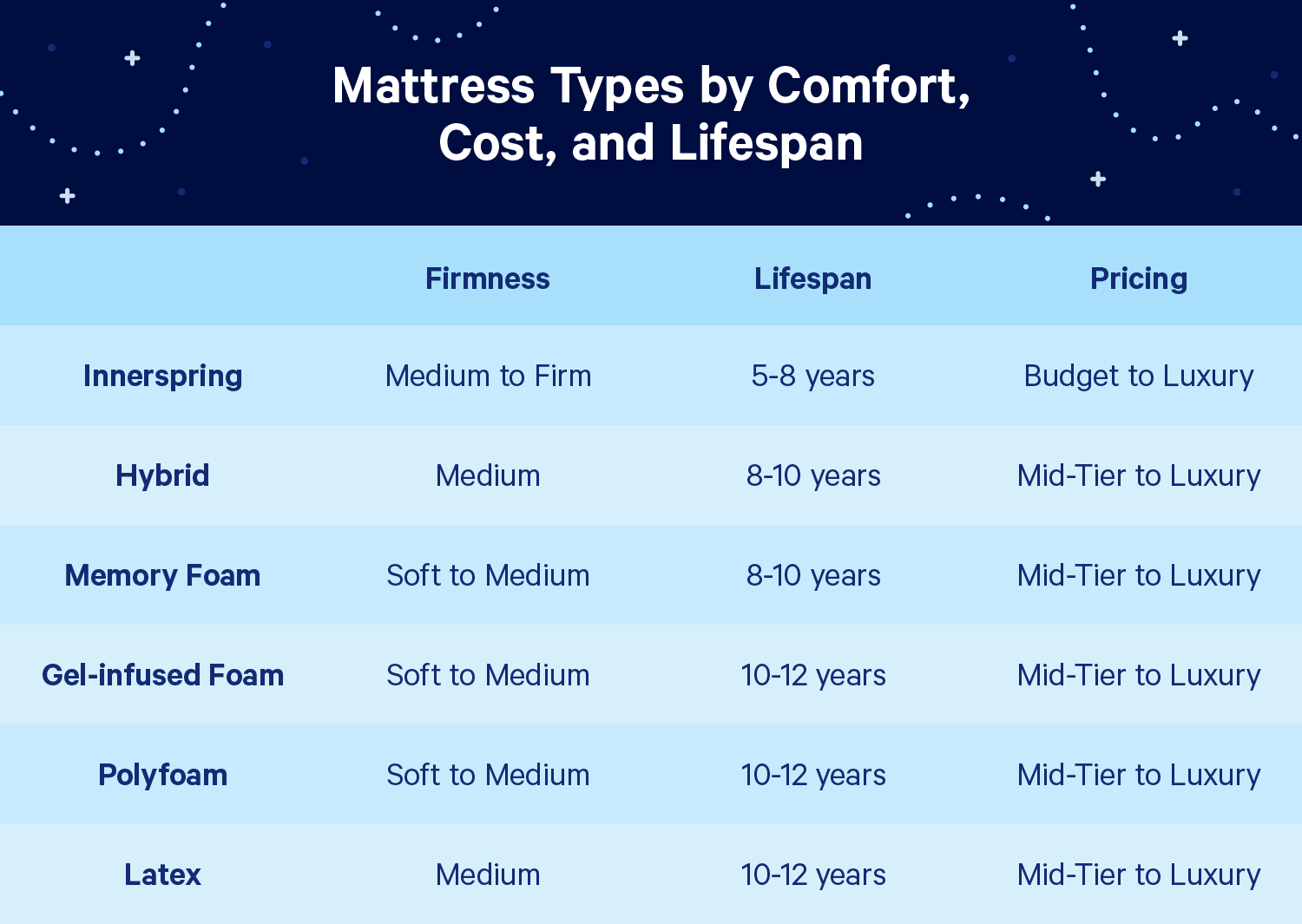





:max_bytes(150000):strip_icc()/_hero_4109254-feathertop-5c7d415346e0fb0001a5f085.jpg)
